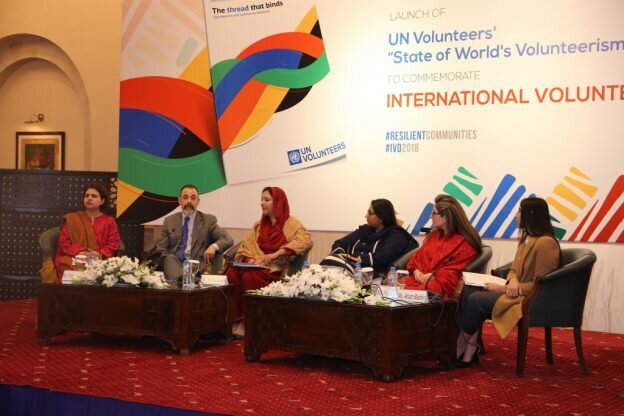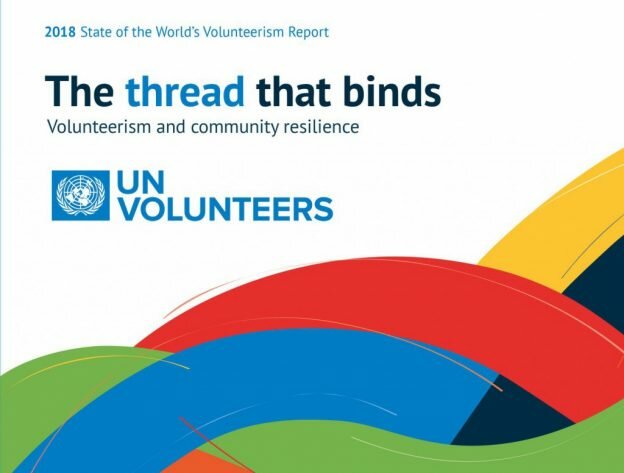۱۰ دسمبر ۲۰۱۸
انسانی حقوق کا عالمی منشور، ۷۰ سالوں سے دنیا کے لیے ایک روشن مینار، انسانی وقار، مساوات اوربہتر ذندگی کے ساتھ ساتھ تاریکی میں امید کی ایک روشن کرن کا کردار ادا کر رہا ہے۔
منشور میں اعلان کئے گئے حقوق کا اطلاق بِلا امتیاز جنّس، عقیدے، مقام یا کسی بھی تفریق کے ہر ایک پر ہوتا ہے۔
انسانی حقوق عالمگیر اور دائمی نوعیت کے ہیں۔
یہ حقوق جو کہ بظاہر غیر مرئی نظر آتے ہیں۔ نا قابلِ تردید ہیں۔ انہیں کسی سیاسی، معاشی، معاشرتی یا ثقافتی حقوق کے زمرے میں، ذاتی پسند کی بنیاد پر اختیار یا رد نہیں کیا جا سکتا۔
آج ہم انسانی حقوق کے اُن محافظوں کو بھی سلام پیش کرتے ہیں جو لوگوں کے لیے، بڑھتی ہوئی نفرت، نسلی امتیاز، عدم برداشت اور ظلم کے خلاف سینہ سپر ہیں اور اپنی ذندگیوں کو خطرے میں ڈالتے ہیں۔
بلا شبہ، انسانی حقوق کے حصول میں دنیا میں ہر جگہ مشکلات پیش آتی ہیں۔
عالمی اقدار کم ہوتی جا رہی ہیں اور قانون کی حکمرانی کوسبو تاژ کیا جا رھا ہے۔
آج ہماری ذمّہ پہلے سے کہیں ذیادہ واضع ہے۔
. آئیں مِل کر انسانی حقوق کا ہر مقام پر۔ ہر ایک کا ساتھ دیں
شکریہ


